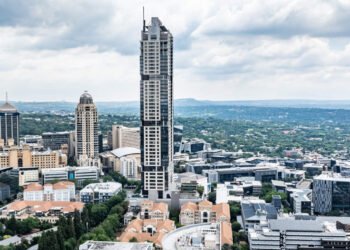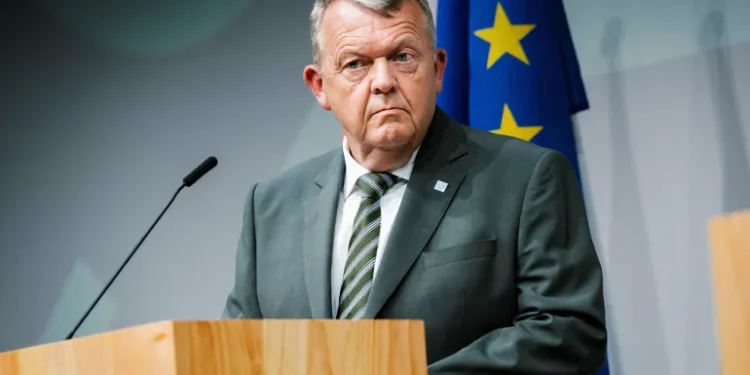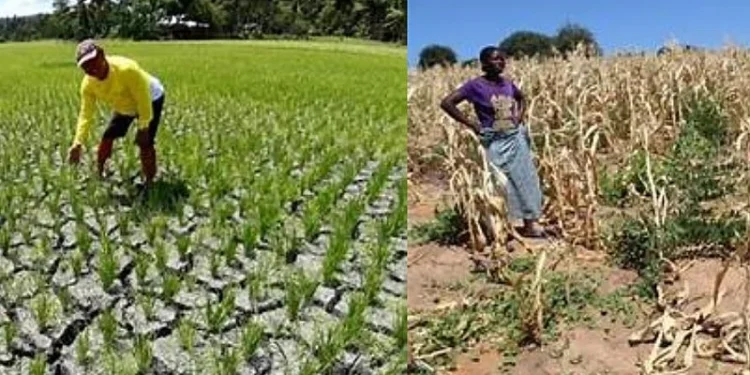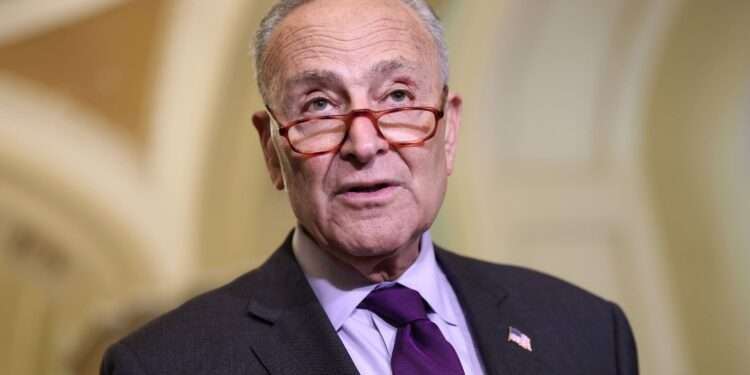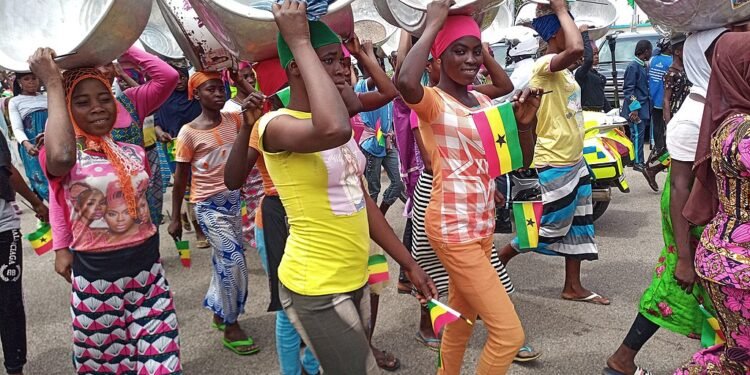Botswana, once hailed as Africa’s shining economic success story, is now grappling with the harsh realities of overdependence on diamonds. The discovery of gems in 1967 transformed what was then a rural outpost with only a handful of tarred roads into the richest nation per capita on the sub-Saharan mainland. Six decades later, the same gems have become the source of its greatest economic threat.
“For decades, we have leaned and relied heavily on diamonds. While they served us well, we know painfully today that this model has reached its limits. This is no longer an economic challenge alone; it is a national social existential threat.”
President Duma Boko
The natural diamond industry is in crisis, heavily disrupted by the rise of lab-grown stones. In the United States, the largest market for gems, synthetic alternatives now account for nearly half of all engagement ring purchases, a staggering jump from just 5% in 2019, according to jewelry insurer BriteCo Inc. The slowdown of luxury retail in China and US tariffs have further weakened demand.
Unlike natural diamonds, which take billions of years to form under the earth’s surface before volcanic eruptions push them to mineable depths, lab-created diamonds can be produced in just weeks. With costs significantly lower than mined diamonds, the synthetic market has become the most disruptive force in the industry since Namibia’s abundant alluvial diamond discoveries a century ago, historian Duncan Money noted.
The consequences are crippling for Botswana, where diamonds represent 80% of exports and nearly one-third of government revenue. Global mining giant Anglo American, facing repeated write-downs, is preparing to sell De Beers. This company mines almost all of Botswana’s diamonds through its joint venture with the government.
A Struggle For Economic Survival
President Boko’s new administration, which ended decades of single-party dominance in October, is racing against time to steady the economy. In July, it enlisted Malaysia’s PEMANDU Associates to advise on diversification strategies. The following month, Boko announced via Facebook that Qatar’s Al Mansour Holdings had pledged $12 billion in investments. Yet, with the firm simultaneously promising more than $100 billion across six African nations, doubts about the credibility of the commitment quickly surfaced.
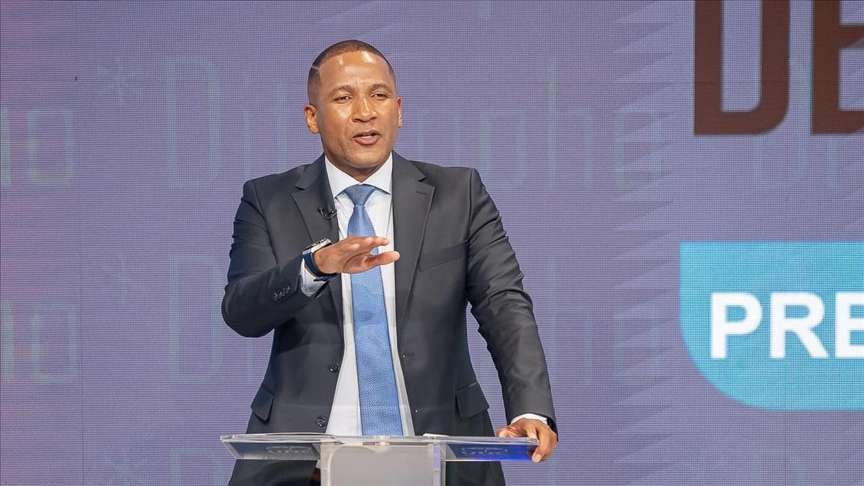
Economic projections have only worsened. In June, the finance ministry scrapped its 2025 growth forecast of 3.3%, instead warning the economy may shrink by 0.4%. Foreign reserves have plunged by 27% in a year, while Citigroup has predicted further devaluation of the pula, the nation’s managed currency.
Debswana, the government’s joint venture with De Beers, is running at just 60% of capacity. Finance Ministry Permanent Secretary Tshokologo Kganetsano admitted to lawmakers in June that Botswana is “experiencing a significant decline in revenue inflows resulting in massive liquidity challenges that threaten financial stability and sustainability of government business operations.”
Botswana Faces Liquidity Challenges Ahead
After years of cautious borrowing, Botswana is now turning to debt to plug the gaps. In May, it secured $304 million from the African Development Bank, followed by $200 million from the OPEC Fund in July. A domestic bond roadshow for investors is also planned. Yet, the country’s prized investment-grade credit rating, once Africa’s strongest, is under threat. Both Moody’s and S&P Global Ratings have downgraded the outlook to negative.
“The diamond sector is under severe pressure — both prices and volumes,” said Ravi Bhatia, director and lead analyst at S&P Global Ratings. “They’re doing a combination of trying to diversify, fiscal consolidation, and also austerity.”
Despite repeated pledges over decades to diversify the economy, little headway has been made. Today, the urgency has never been greater. With diamonds no longer the secure pillar they once were, Botswana’s future will depend on whether the country can finally succeed in building an economy that goes beyond its glittering stones.
READ ALSO: NDC’s Baidoo Wins Akwatia By-Election





